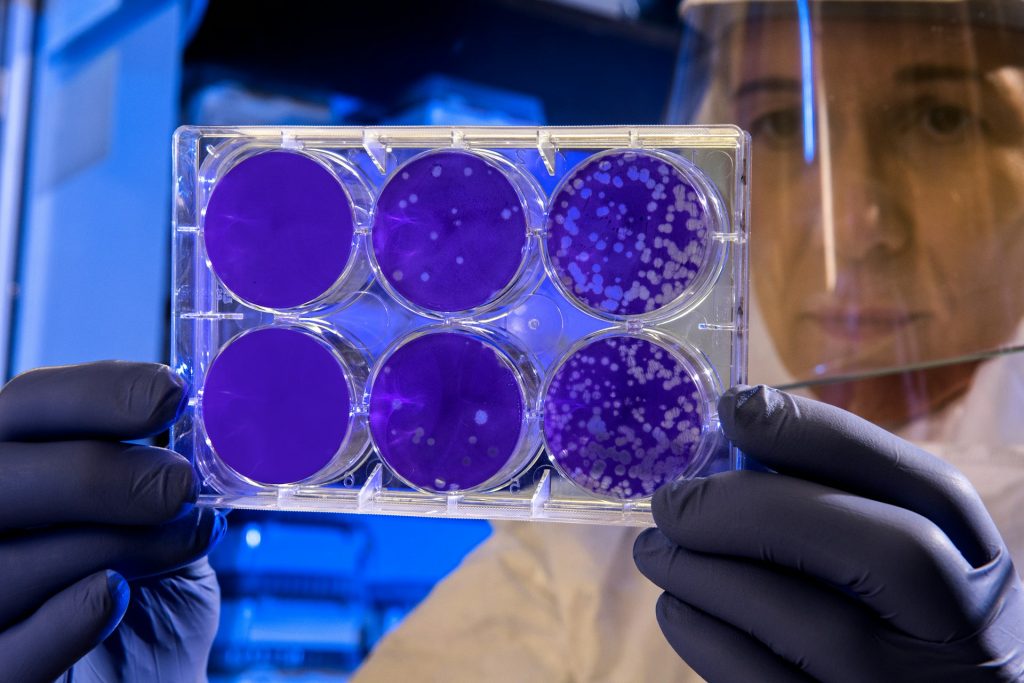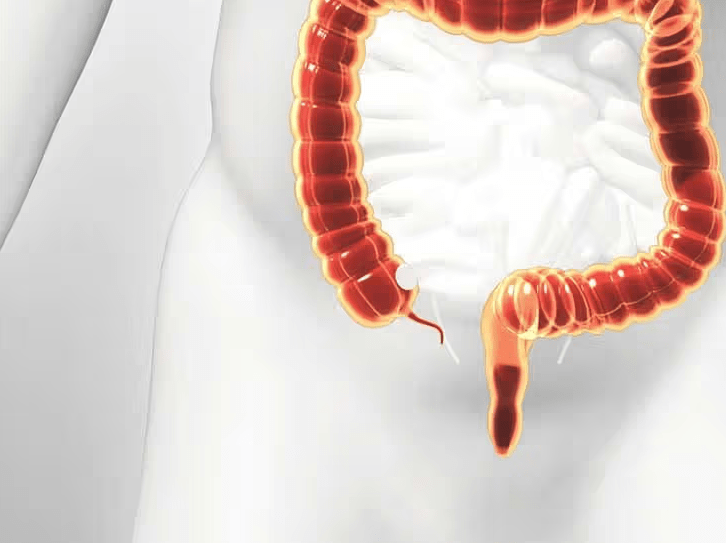Human cloning, a concept that once belonged solely to the realm of science fiction, has now become a subject of serious scientific consideration. While artificial cloning processes are yet to be fully realized, the discussion surrounding the potential benefits and drawbacks is both intriguing and contentious. In this exploration, we delve into the major pros of human cloning, examining the possibilities it offers in resolving complex issues and advancing various facets of human life.

Fertility Solutions through Human Cloning
Addressing Declining Fertility Rates
Human cloning emerges as a potential solution to fertility issues, providing hope for couples struggling to conceive naturally. By infusing the genetic profile of each parent into an embryo and cultivating it outside the body, scientists could offer an alternative path to parenthood. This becomes particularly significant in regions facing a decline in birth rates, such as Japan, where population shrinkage is a growing concern.
Tackling Global Fertility Challenges
As reported by the BBC, developed countries have witnessed a significant decline in fertility rates. Human cloning may offer a revolutionary approach to counteract this trend, providing a lifeline for societies facing the threat of population decline.
Human Cloning and Medical Breakthroughs
Catalyst for Medical Advancements
The processes involved in human cloning have the potential to propel medical science forward. Duplicated individuals could contribute to genetic material sharing, aiding in the prevention and cure of diseases. This could pave the way for groundbreaking research akin to the current developments in embryonic stem cell therapy.
Unlocking Genetic Modification Benefits
Human cloning necessitates precise genetic engineering, opening doors to various benefits. From treating genetic diseases to addressing complex conditions like schizophrenia and heart disease, genetic modification could revolutionize healthcare. It may also offer insights into slowing down the aging process, providing opportunities for a healthier life.
Accelerated Recovery from Injuries
Interventional Orthopedics and Faster Healing
Human cloning presents potential applications in non-surgical intervention for traumatic injuries. By allowing cells to naturally rebuild through the cloning process, it offers a faster recovery mechanism. This could minimize the risks associated with current tissue graft procedures, especially concerning issues like osteoarthritis.

Equality and Human Cloning
Reducing Socioeconomic Disparities
Human cloning has the potential to address issues of socioeconomic inequality. Current interventions, such as medications and special services for children with poor self-control, could be minimized. Genetically equipping the next generation to handle challenges may reduce the need for corrective measures, fostering a more equal society.
Eliminating Genetic Defects
Overcoming the Grim Statistics of Genetic Diseases
Human cloning offers hope in combating genetic diseases, which affect a significant portion of the population. By eliminating defective genes and chromosomes through cloning processes, the occurrence of disorders and birth defects could be significantly reduced or even eradicated.
Human Cloning and Intellectual Advancement
Continuing the Legacy of Great Minds
Imagine the possibility of influential minds like Einstein or da Vinci contributing to society for extended periods. Human cloning provides a pathway for the continuation of intellectual legacies, enabling great minds to persist and further advance humanity.
Contributions to Science, Art, and Literature
Through the technologies involved in human cloning, individuals with exceptional talents and contributions to science, music, literature, and the arts can continue to shape our world, ensuring their impact endures.
Stem Cells and Human Cloning
Abundant Stem Cells for Health Outcomes
Human cloning can significantly contribute to the creation of more stem cells. These cells, genetically identical and thus suitable for transfer, offer opportunities for enhanced health outcomes, especially for those with rare genetic diseases.
Disease Resistance and Epidemic Prevention
Harnessing Natural Resistance for Epidemic Control
Human cloning could aid in replicating natural resistance to diseases like HIV/AIDS. Leveraging the innate immunity found in specific individuals, cloning might pave the way for new vaccines and treatments, contributing to epidemic prevention.
Adapting to Changing Planetary Conditions
Accelerating Adaptation through Human Cloning
Human cloning could expedite the evolutionary process, enabling the population to adapt more swiftly to changing planetary conditions. This proactive approach may save lives and mitigate the impact of natural selection.
Advancements in Organ Transplantation
Overcoming Organ Transplantation Challenges
With over 100,000 people on organ transplant waitlists, human cloning emerges as a potential solution. Cloning organs in a laboratory setting offers a viable alternative, reducing immune responses and increasing the availability of organs for critical procedures.
Understanding and Preventing Spontaneous Abortions
Insight into Chromosomal Abnormalities
Human cloning processes could provide invaluable insights into the reasons behind spontaneous abortions. Understanding and correcting chromosomal abnormalities may contribute to preventing future pregnancy losses.

In conclusion, the major pros of human cloning present a multifaceted landscape of possibilities. From addressing fertility challenges to propelling medical science forward, human cloning offers a glimpse into a future where innovative solutions and advancements are within reach. While ethical considerations remain paramount, the potential benefits underscore the importance of continued exploration and responsible implementation of this groundbreaking technology.





